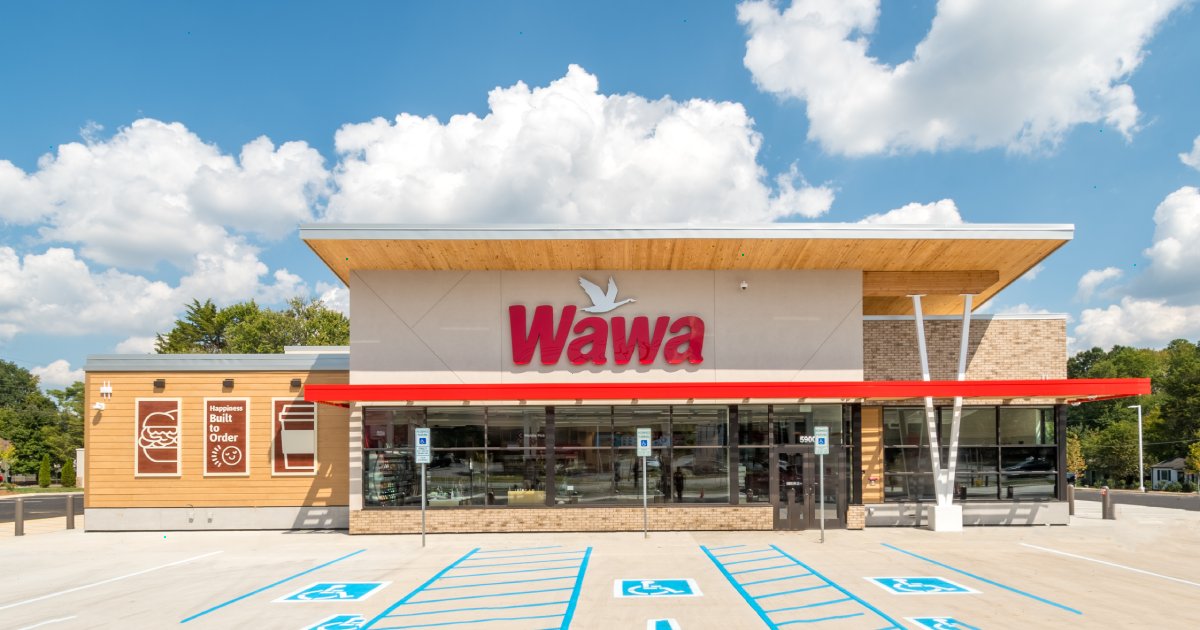
Licensing’s Focus on Convenience Stores
By: Mark Seavy
With plans for rapid expansion, convenience stores and travel centers are building a business that’s becoming more attractive for licensing.
These locations have long been prime opportunities for short-term promotions. For example, Circle K (which has 14,800 stores globally, including 5,908 in the U.S.) recently launched a short-term promotion with Warner Bros. and Legendary Pictures in support of the film Godzilla vs. King Kong: The New Empire.
Moving forward, however, those quick-turn promotions could pave the way for longer term programs. This is especially true thanks to many convenience chains’ ongoing expansion and success in launching new store formats.
Pennsylvania-based convenience store chain Wawa has about 1,000 locations and plans to open 280 more over the next decade (including 70 this year), doubling the number of U.S. states with stores. Texas-based Buc-ee’s, which also sells gas, has just over 50 locations (one of which reached 74,707 square feet) and is expanding rapidly. British Petroleum purchased the 300-store TravelCenters of America chain and plans to open an additional 20 locations this year. And Berkshire Hathaway purchased the remaining 20% it didn’t already own in Pilot earlier this year from the founding family.
And while, in the past, brand owners may have hesitated to partner with discount retailers or convenience stores, this growing focus on convenience chains comes amid tighter consumer spending.
“Brands have always worried about going into these spaces because, first of all, how are you merchandised and what does merchandise next to windshield wiper fluid say,” Michael Almeida, Managing Director at The Joester Loria Group, said. “These chains are trying to elevate their formats to create more of an experience, which is why some, like Buc-ee’s, are such a case study.”
Indeed, the licensing play for convenience stores could be as much about the chains’ brands as the products they sell. WaWa and Buc-ee’s have rabid fan bases, with Buc-ee’s amassing seven million views on some of its posts on TikTok and WaWa boasting more than 2.5 million followers across its social media platforms. Buc-ee’s and WaWa also both have popular mascots, with Buc-ee’s selling Bucky the Beaver plush toys in its stores along with t-shirts and headwear. And Stuckey’s, which has 65 licensed locations, has a pecan and candy plant that turns out products for not only its stores, but for those of 200 other retailers that sell the Stuckey’s brand in 5,000 outlets.
Developing a brand that consumers care about is especially important considering how fragmented the U.S. convenience store landscape is, with some 90,000 locations across the country despite the fact that most chains have only a handful of stores. The leader, 7-Eleven, has a 9.8% market share (or 9,492 U.S. stores), according to 7-Eleven Inc. President Stan Reynolds.
However, when it comes to the convenience store brands that consumer love, the size of the chain matters much less than the experience it provides, a supplier of licensed goods said. Because fans of these chains are so dedicated, their engagement with the stores becomes closer to that of a lifestyle brand rather than what IP owners would traditionally associate with a convenience store or travel center.
Indeed, Seven & I Holdings, which operates 84,500 7-Eleven stores in 19 countries, is working to bring “proprietary products” to the North American market to distinguish itself from competition, company executives said. The chain expects to increase its fresh food, proprietary beverage, and private brand offerings to 34% of annual revenue by 2025, up from the current 25%, according to Reynolds.
To increase production volume to meet its forecast, the chain opened a new commissary facility in September with partner Warabeya Nichiyo in Stafford, VA. The facility will help to churn out 200 new private label products this year, including energy drinks and frozen foods.
“It’s been our job to show CPG brands the value in these chains and that it won’t be disruptive their other business,” Almeida said. “We have seen interest [in licensing] in certain categories, like soft goods and novelties, but then again it is managing channel segmentation.”

















